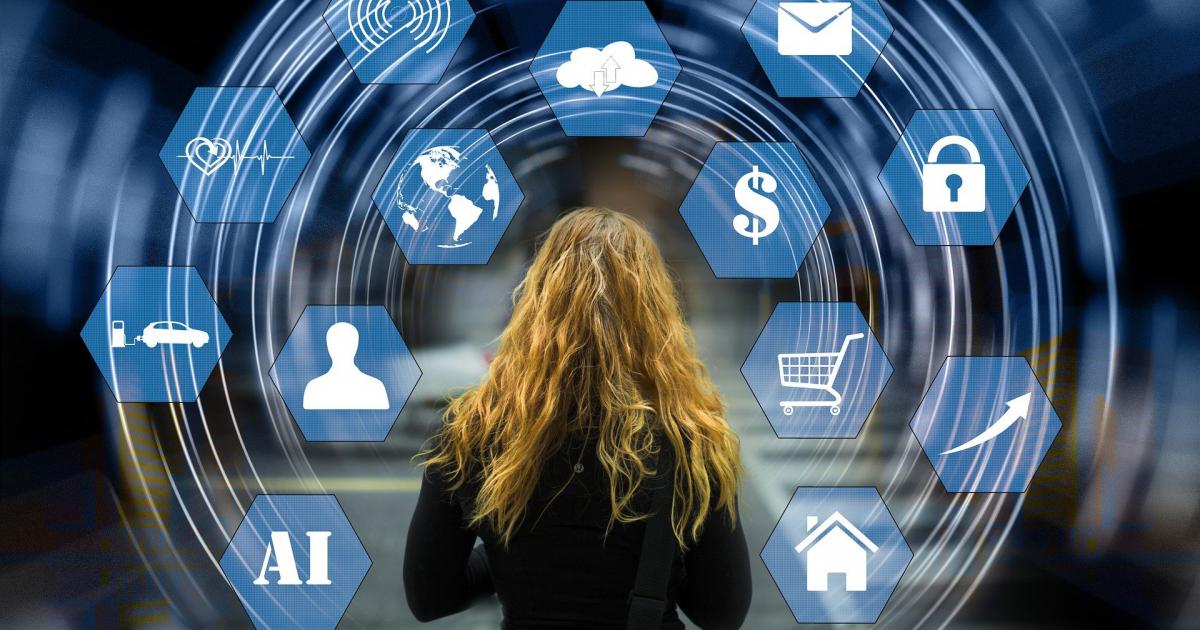More than 40% of Americans are generally OK with the thought of AI reading their chest x-rays. Moreover, some 12.3% are very comfortable with the prospect.
However, only 6% are well at ease with the notion of a cancer diagnosis coming from an algorithm, and just over a quarter are only “somewhat comfortable” with that scenario.
The findings are extrapolated from a survey of 926 patients who were paneled online to represent the US adult population at large. The study was conducted at Weill Cornell Medicine and Yale Medicine over a two-week period in December 2018. Participants were chosen using weighted criteria to avoid sample biases and predict nonresponse rates.
JAMA Network Open you have posted the study as a brief research letter.
Hospitalist Dhruv Khullar, MD, MPP, therapeutic radiologist Sanjay Aneja, MD, and colleagues found most patients expect AI to make healthcare somewhat better or much better (44.5% and 11%, respectively; 55.5% combined).
By contrast, relatively few believe the technology will render care somewhat worse or much worse (4.3% and 2%). Just under 20% said they don’t know which way things will go with AI in healthcare.
Meanwhile most respondents expressed some or much concern about AI’s unintended consequences, including misdiagnosis (91.5%), privacy breaches (70.8%), less time with clinicians (69.6%) and higher healthcare costs (68.4%).
“A higher proportion of respondents who self-identified as being members of racial and ethnic minority groups indicated being very concerned about these issues, compared with White respondents,” the authors note.
.
